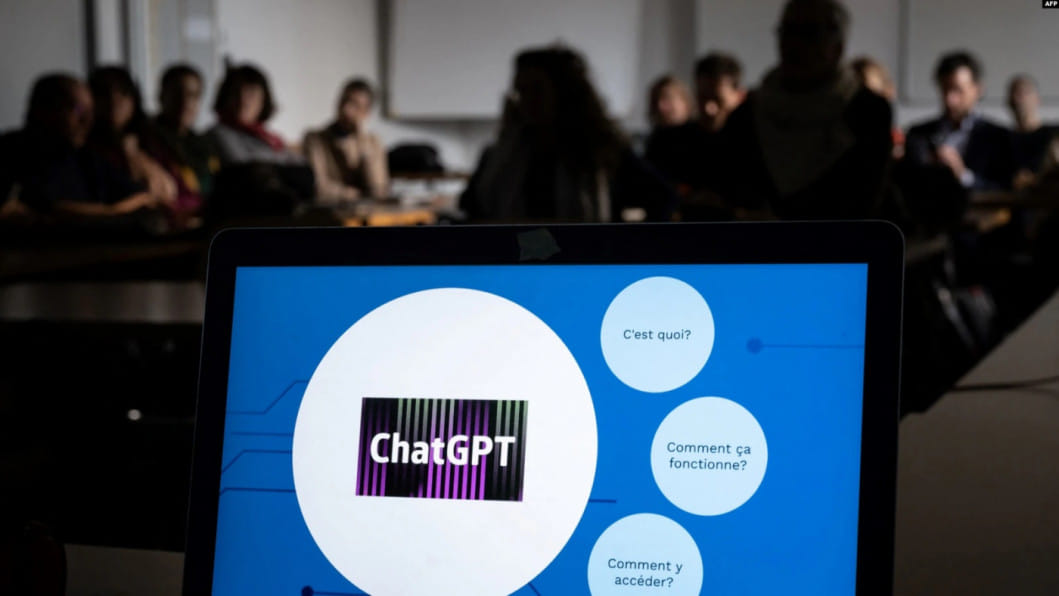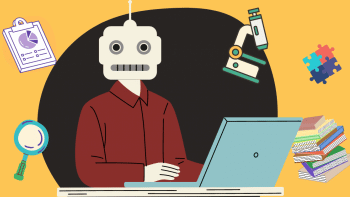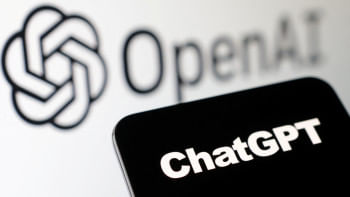AI will replenish, complement and enhance human intelligence

I have said elsewhere that AI will be a friend and not a foe of human intelligence; it will in most instances support human beings and supplement and not be used in lieu of human intelligence. Like all technological developments, even if it is revolutionary (e.g., the Internet and nuclear energy), human beings are always going to be in charge – so we don't have to fear that AI will override human intelligence. Control will always be in the hands of the masters. In sum, humans are going to drive AI and assess, evaluate, and measure the latter's analyses, prognostications, predictions or forecasts.
I am so optimistic about AI, particularly generative AI, of which ChatGPT is an example, because I have seen how technology has helped learning and teaching in academia over many decades. Students in higher education in the USA have been using software tools enhanced by AI for years. Research, problem-solving, coding, and writing papers are the bread and butter in the undergraduate learning repertoire.
In academia, there are two types of writing. Students write their term papers, thesis or dissertations, while professors and researchers write for academic journals and publish their research findings because they "publish or perish". It is expected that the students, whether at the undergraduate or the graduate level, will display their creativity, and their submission will be an original piece of work. An author has to certify that his or her work was not plagiarised from another source. It is a reasonable rule. If a student is enrolled in a course and submits a poem copied from a fellow student, it is considered a violation of honour or ethics codes. It can result in disciplinary action from a person's school or workplace.
Sadly, plagiarism is one of the biggest and trickiest problems that college and university professors have to address. From the earliest days of the Internet and the availability of search engines, students (and, for that matter, many others) have used (i.e., copied) paragraphs and data from published materials without proper attribution. With the new variety and a plethora of tools available now, it is possible to catch these acts of deception much more quickly than before. In my previous op-ed in this newspaper, I mentioned that Boston University has already leaned on faculty to employ AI detection tools to evaluate the degree to which AI tools have likely been employed in a term paper or thesis submitted by students.
While I agree that widespread adoption of ChatGPT type of software may have significant negative unintended consequences not only on writing but learning in many academic disciplines, there is no denying that if we all adopt an "honour system" and practice full disclosure, students and amateur writers will benefit.
As I mentioned above, ChatGPT belongs to a genre of AI algorithms that generate or create an output, such as text, photo, video, code, data, and 3D renderings, from data they are trained on. Other forms of AI have been available that might be used for other purposes, such as for analysing statistical data or controlling autonomous cars.
It is easier now to flag plagiarised materials with the availability of AI software such as ChatGPT. As a former university professor, I can anticipate the challenges that my colleagues working now face if students use ChatGPT indiscriminately. Some of these issues were raised by professor Shamsuzzaman in an op-ed in these pages earlier this month.
While I agree that widespread adoption of ChatGPT type of software may have significant negative unintended consequences not only on writing but learning in many academic disciplines, there is no denying that if we all adopt an "honour system" and practice full disclosure, students and amateur writers will benefit. One could overcome writer's block and improve their writing and analytical skills. And I can vouch for that based on my personal experience.
A few years ago, I developed the urge to write. The first thing I discovered when I started writing for publication is that our skill set is not genetically endowed. I was an economist and had developed many skills while working with computers, but I had not written much except my PhD dissertation. At Dhaka University, I was pen-shy. I could write a good sentence in exams and /or a decent paragraph for a composition exercise, but no more. Then, after my mother passed away, I developed an intense desire to write for two reasons. First, I wanted to write about my family and leave something for future generations. Secondly, growing up in Dhaka, I have some wonderful memories that I was eager to share. So, I started writing but faced several handicaps. I had to figure out the style of literature. In addition, I needed ideas. How I struggled, and now I know I could have used a tool like ChatGPT!
Let me illustrate this point. Even if you are a very good writer, you are constantly looking for various angles. For example, suppose you're writing a term paper on how robots will affect the production line. In that case, one may wonder whether to start with the history of robotics, with a dramatic quotation, or by providing a vision for the future? So, it's a good thing to have three different perspectives. We know that if you can appropriately prompt ChatGPT, it would offer three different versions of an essay on "Robots and Factory Automation", and you can decide then which one you like.
As William Faulkner, the American Nobel-prize-winning novelist, said, "The writer has three sources: imagination, observation, and experience". As we know, one is not born with all or any of these three. Having (or not having) these did not help me much. During my PhD years, I was stuck on my dissertation for many years. The Internet and access to the world literature in digital form on the Web could have really helped.
I will end this note with another tangible benefit of AI in education. As a former teacher, it was difficult for me to keep track of the students in my class and their levels of ability to absorb the materials. Some students are good at following lectures, while others like to go home and review the notes or other materials I post online. AI is now able to give me timely feedback on my daily presentation. It helps me calibrate my approach to ensure that every student has a good comprehension of the topic and can apply these in practical situations.
Dr Abdullah Shibli is an economist and works for Change Healthcare, Inc., an information technology company. He also serves as senior research fellow at the US-based International Sustainable Development Institute (ISDI).

 For all latest news, follow The Daily Star's Google News channel.
For all latest news, follow The Daily Star's Google News channel. 











Comments